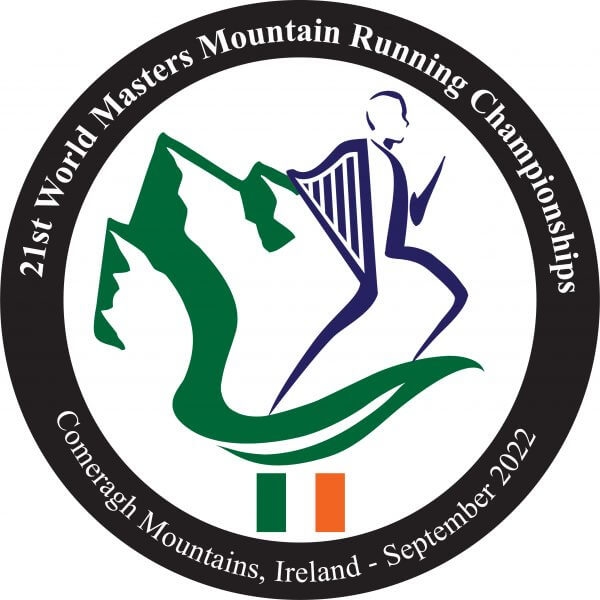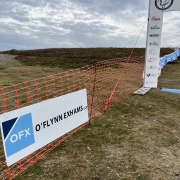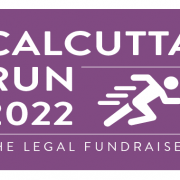Artist Resale Rights Directive — Time for a Comprehensive Overhaul?
The Resale Rights Directive (RRD) was implemented on the 1st of January 2006. Since then, artists have enjoyed a right to a share of the price of subsequent resales of their original artwork. The directive aims to harmonise rules on the resale rights of artists across Europe, commonly known as the droit de suite, in order to remove distortions in the single market and provide artists with a remunerative right they can rely on.
In Ireland, an artist is entitled to 4% of the sale price for original pieces of artwork sold up to €50,000. From there, the rate is 3% up until €200,000, 1% up to €350,000, 0.5% up to €500,000, and 0.25% for pieces sold over €500,000. This sum, under the directive, is payable by the seller of the artwork to the artist or family of the artist (if deceased). The artist can directly seek payment from the seller or through a collecting society, such as IVARO.
Since 2012, this right has been extended to apply to an artist’s family upon their death. Thus, when the creator of an original piece dies, the right can be passed on to the family and may last for the statutory period of 70 years. This is the only way in which the right can be transferred; the right in itself is inalienable, non-transferable, and cannot be waived.
The amount payable to the original creator is capped at €12,500 per piece sold (i.e. the royalty gained from a sale of artwork at two million euros). Furthermore, the artwork must sell for at least €3,000 for the right to become operable. This restricts the application of the RDD where less well known artists are effectively unable to avail of the resale right altogether. By contrast, France and the UK have thresholds of €750 and €1,000 respectively. By having such a high minimum requirement many artists will find it difficult to avail of the resale right.
Implementation in Ireland
Ireland failed to meet the deadline for transposition and so the directive was implemented via statutory instrument instead of primary legislation. Importantly, Article 6.2 of the RDD states that Member States have discretion in how the royalty may be collected i.e. via mandatory or optional collective management. Ireland falls behind most other EU states in that there is no system put in place for the compulsory collection management of royalties, nor has an optional system been endorsed by the instrument.
Compulsory collective management would allow for the collection of royalties at the source of sale and their distribution by a dedicated artist collecting society. It has been noted by the EU Commission, that collective management appears to be the ‘de facto basis’ for the operation of the Artists’ Resale Right. The absence of provision for collective management in the instrument means that artists cannot easily collect payment of the royalty.
The Arts Council of Ireland advocated a review of the Copyright and Related Rights Act 2000 to make provision for the resale right and, in particular, a lower minimum price of €1,000, the extension of the right to family members, and the introduction of compulsory collective management. Since then, the only change to have been implemented was the extension of the right to family members.
Visual Artists Ireland is currently campaigning to bring about the suggested changes of the Arts Council as well as IMVARO.
Conclusion
Ireland’s implementation of the RRD is not serving the directive’s purpose and is now long overdue for a review. Statutory Instrument No. 709/2011 was intended to be a temporary measure to meet EU requirements when they missed the deadline for implementation. However, over 10 years later, there has been no effort made to legislate further on the matter.
The call for reform comes at a time when visual artists find themselves in an uncertain and risky market. It is necessary that primary legislation be put in place for effective transposition of the RRD in Irish law. A statutory instrument is an inappropriate means of conferring rights in the long run, and as such, should only be used to add body to the bones of its parent act. If primary legislation were to be enacted acknowledging a resale right of artists, then such a right could be upheld and vindicated in Irish courts. Such a change would be a much welcome development for artists.
Should you have any queries, please contact Des Lynch.
Contact details:
Phone: 021 7301 251
Email: dl@ofx.ie










